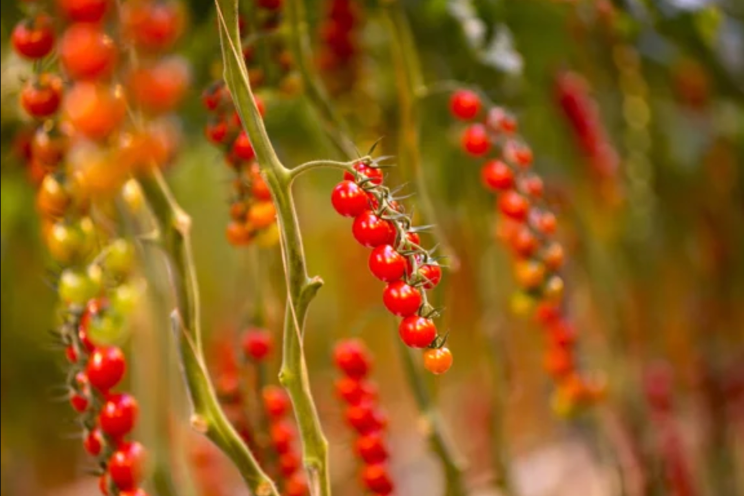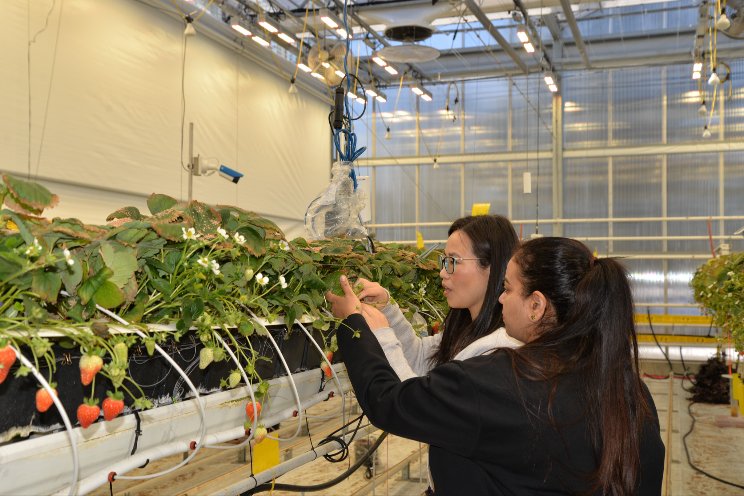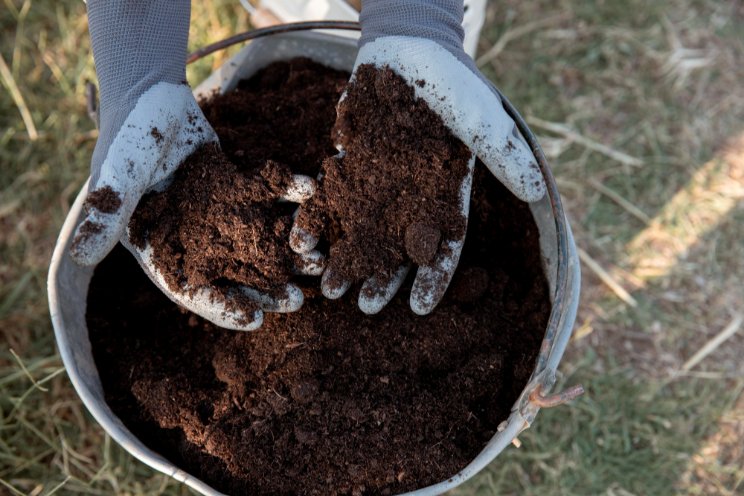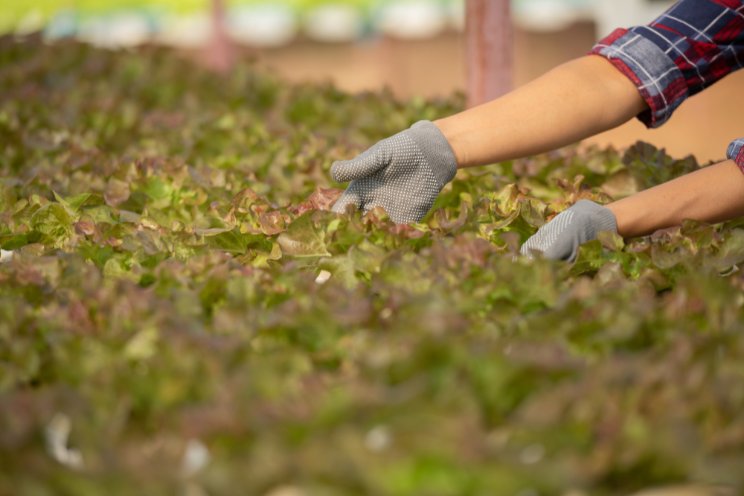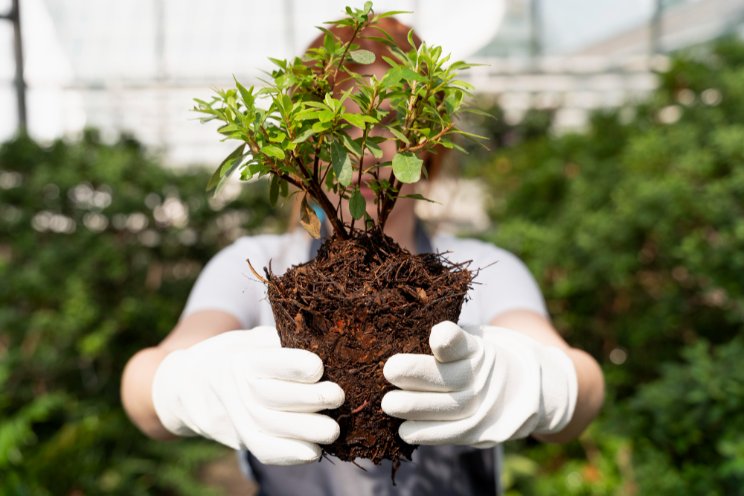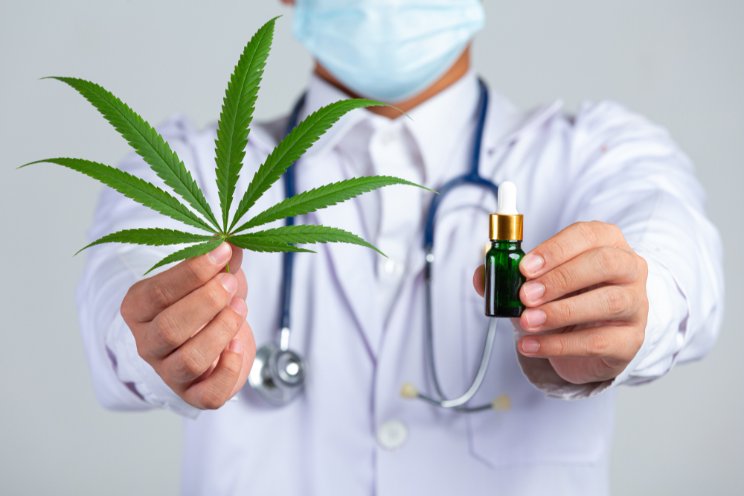Uneven genetics are a huge hurdle for hemp growers
Added on 03 March 2020

A farmer himself, Boruff has never witnessed such an explosion of interest in a single crop type as he has observed with hemp over the last two years.
"It has just about eclipsed everything else that we do," said Boruff from his Moline, IL, office. "AOSCA has certification standards for more than 60 other major crop types around the world, but hemp is all that anybody wants to talk about right now."

Chet Boruff, CEO, AOSCA
Boruff has served as AOSCA's CEO for 15 years. The Association's membership is comprised of seed certifying agencies in 45 U.S. states, in addition to Canada, Argentina, Brazil, Chile, South Africa, New Zealand, and Australia. These agencies work closely with seed producers who produce seed following AOSCA standards.
Additionally, seed certification principles serve as the foundation of seed production practices used to maintain varietal purity, according to Boruff, and the process is not something unique or proprietary to AOSCA and its members: it is outlined in the U.S. Federal Seed Act and administered at the local level by seed certifying agencies across the U.S.
"As a variety of certified seed moves state to state, or country to country, the seed bags or containers all carry the distinctive blue tag that shows the seed within has been certified according to AOSCA standards," he says. "Those tags add value for the seed producer and provide assurance to the seed purchaser that they are getting what they paid for in terms of varietal purity.
"When you think about a bag of seed, you can open it and you can even test it," Boruff adds. "With all seed, including hemp, you can tell it may be of good quality and you can test for germination, but there's no way to know what variety it is until you plant it and identify its characteristics in the field or greenhouse.
"The challenge the hemp industry is facing is that it is trying to accomplish in a very short period of time what has evolved over decades in other major crops. In those other crops, their standards and breeding practices have improved over time with experience. Now here we are with hemp. It went from being prohibited to legal almost overnight, and the seed industry is working overtime to meet the demand and develop improved genetics. The supply of certified seed has not been able to keep up with demand. We are confident, though, that it will soon."
Growers Hunt For Optimized Genetics
As Boruff mentioned earlier, the calls and emails his office receives almost daily are from hemp growers looking for guidance on which commercial seed varieties they should purchase.
"A lot of growers call and think we have variety lists, or that we are going to be able to tell them what genetics vendors have been approved, but that's just not what we do," he explains. "That has never been our role with other crops and it's not our job in hemp either. If you're a corn grower and you want to look for a good 116-day corn variety that has several different characteristics, you don't call us. You call up the local seed salesmen."
Boruff understands the flood of calls, though. Finding consistent performing, uniform varieties for commercial hemp production right now is like trying to find a needle in a haystack. In addition, some state regulations have requirements specific to seed, and potential growers must find varieties that meet the rules.
"In some ways, the hemp seed market is in the 'Wild West' stage and there are some bad actors who are focused on taking advantage of that," Boruff says. "Unfortunately, the market has not yet shaken those out of the hemp industry, but they'll get weeded out eventually."
So, what's a prospective hemp grower to do when it comes time to make a large upfront investment for seed?
"I tell people that they have to do their due diligence. They're going to be spending a lot of money up-front for hemp seed and they need to hold their seed vendor accountable," Boruff advises. "If the vendor claims they have certified seed, they should prove that with documentation and seed tags. Hopefully, hemp growers will make a wise decision when they purchase their seed."
Often, though, Boruff says the opposite ends up happening.
"Some folks, especially in terms of producing for the CBD market, have gotten caught up in the euphoria and they see a pot of gold at the end of the rainbow. They want to get there as quickly as they can and may cut corners in how they're going to purchase seed," he says. "I'm already hearing horror stories from the 2019 crop year about people who, as much as we advised them to be careful, made some very costly mistakes."
High CBD Varieties?
Boruff also advises growers to ask plenty of questions to any genetics provider promising high CBD production in a commercially available variety.
"We need to think about where varieties came from and what purpose they were developed for," Boruff urges. "Many came from Canada and western Europe, where the plant breeding was done for the fiber and grain markets, but not for CBD production.
That's not to say that CBD optimized varieties are all pie-in-the-sky.
"They're coming", Boruff says, "but it's going to take time." He adds that hemp growers will have access to lots of genetic choices to meet specific hemp markets, as is the case for corn and soybean genetics our large row crop farmers plant every spring.
"Breeders are working overtime, and they have varieties coming that are truly bred for high CBD content," Boruff concludes. "That's not to be disparaging about some of the varieties being grown today, but they're really at this point a dual-purpose variety, and CBD production is secondary."
Source and Photo Courtesy of Ag News
Source: Ag News
More news
